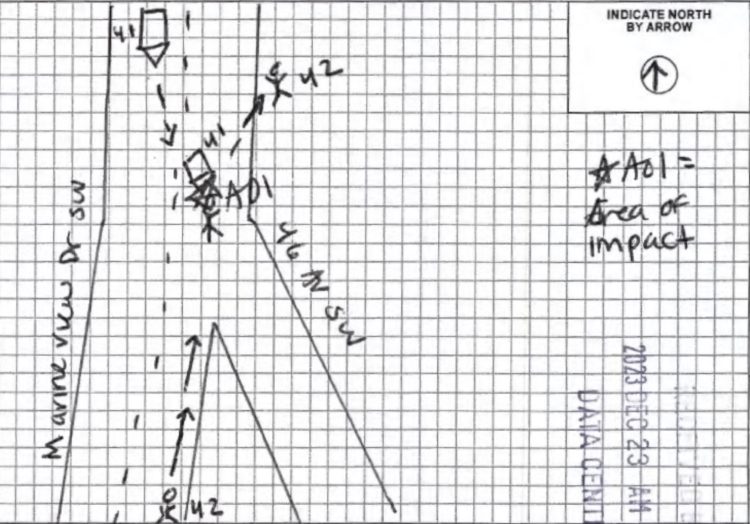Steve Hulsman, a friend, fond teammate, and notable character/contributor to Seattle’s cycling community, was killed the evening of December 21 when a driver collided with him while he was riding at the intersection of Marine View Drive and 46th Ave SW.

First responders apparently estimated Steve’s age in the 40s. In fact he was a very fit, youthful, 66 years old. Steve would have loved getting mistaken for a 40-something. He was a humble man who downplayed his athleticism, and he bragged that his “warp drive nacelles“–his way of describing the fat pockets on the sides of his waist–gave him extra energy to keep up with faster riders.
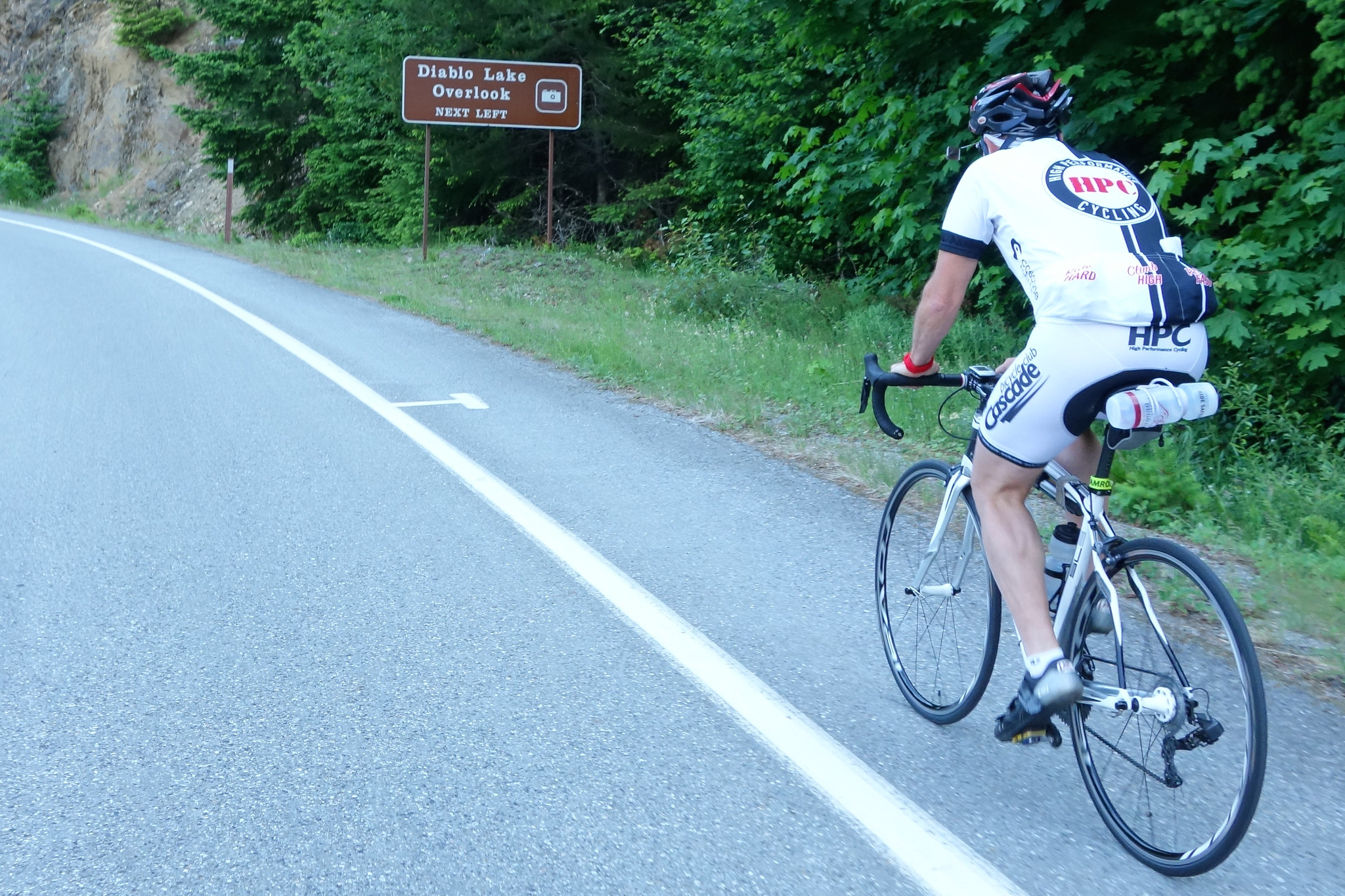
Steve was an early member of Cascade Bicycle Club’s High Performance Cycling team, and was a Cascade Ride Leader. Team and club members have felt speechless, shocked, and heartbroken by his death.
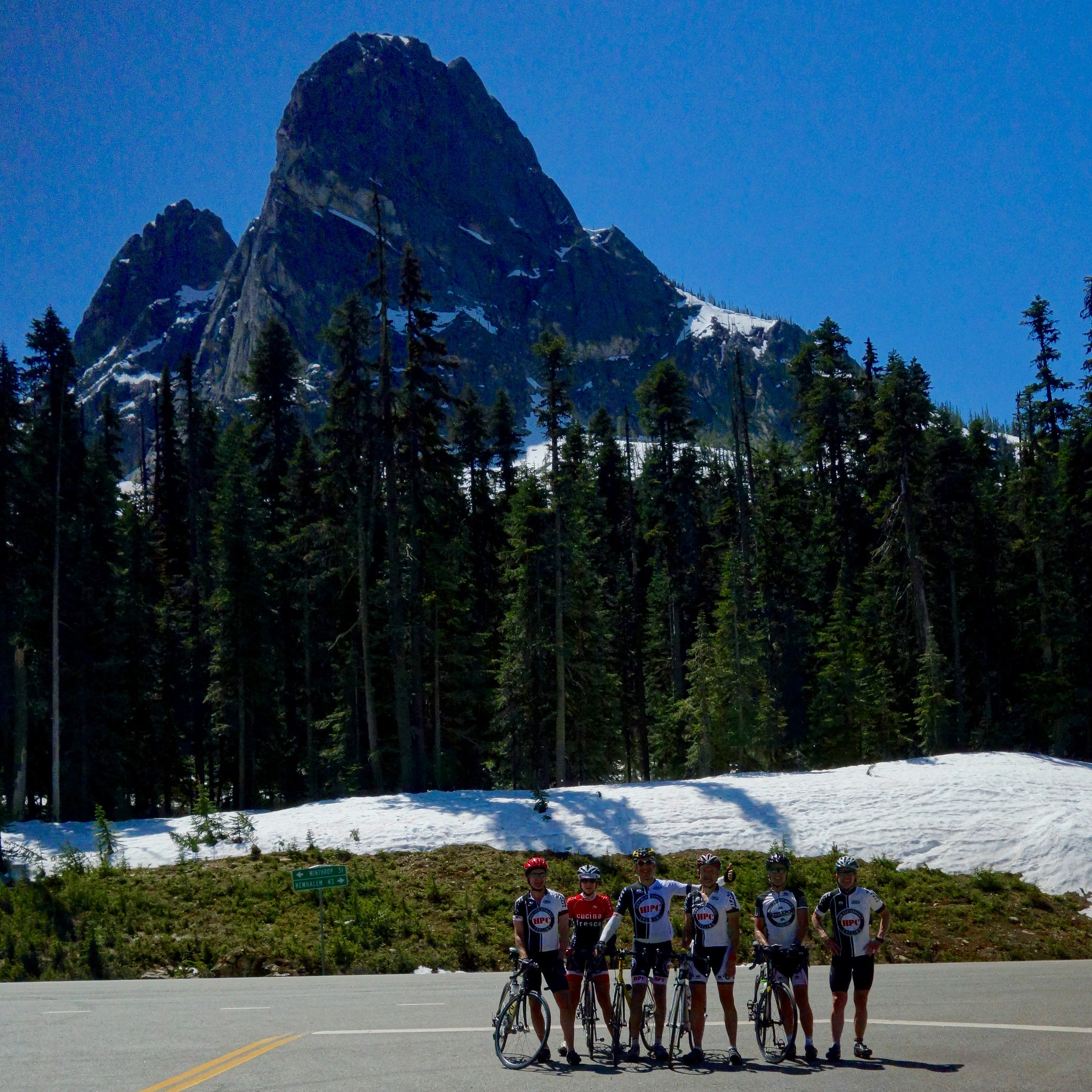
As a Cascade ride leader, he regularly led “Hills of the West Coast” group rides, which is considered among the hardest group rides the club offers. During his pre-ride briefings he explicitly described himself as “the ride organizer, not the ride leader,” because he didn’t want participants to expect him to be at the front of the group the entire ride. The decades of riding experience he had in his legs and mind enabled him to stay in the mix while transmitting boundless energy and modeling solid cycling skills. He loved riding hard whether it was in a fast moving paceline on flat terrain, or on long climbs in the Cascades.
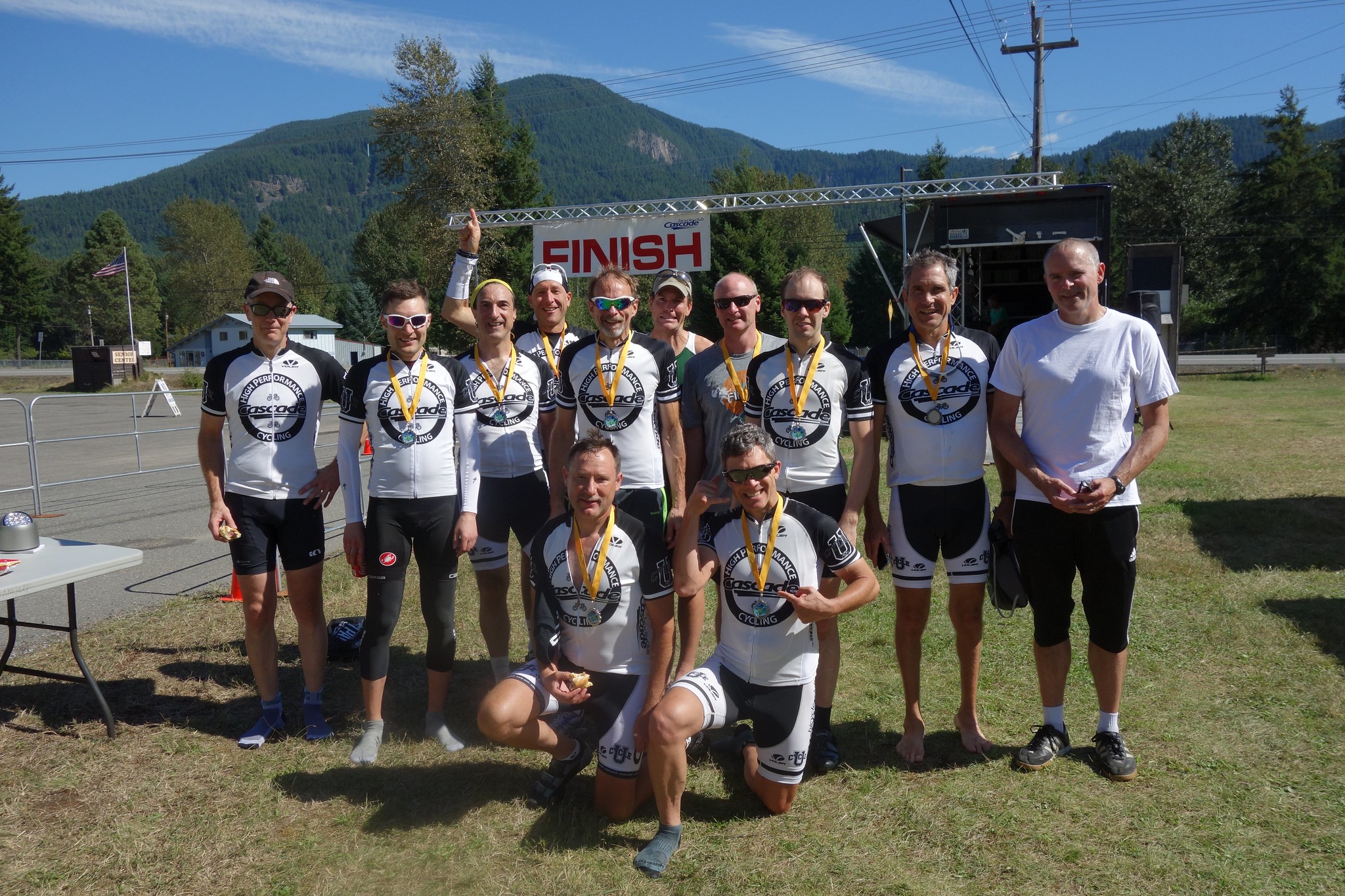
HPC Teammate Dennis Miller remembered:
Steve: “I am so slow. I’ll be last to the top.”
Also Steve: Casually takes a hard 30-minute pull while everyone else rests for the next climb.
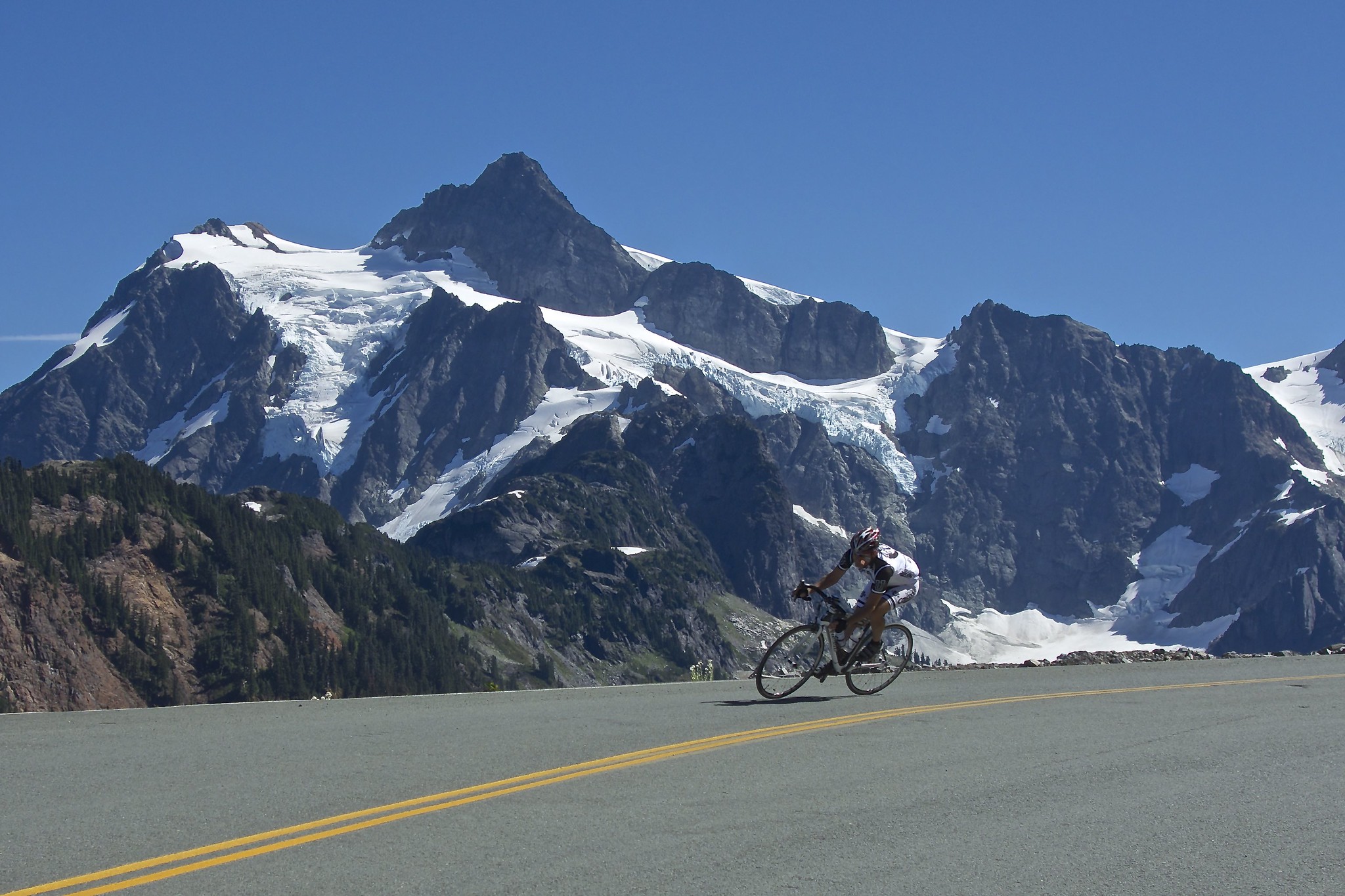
He was appreciated for his welcoming manner, encouraging words, and ability to transmit his cycling skills to newer riders. He had a big positive influence on Seattle area cycling, and is going to be sorely missed.
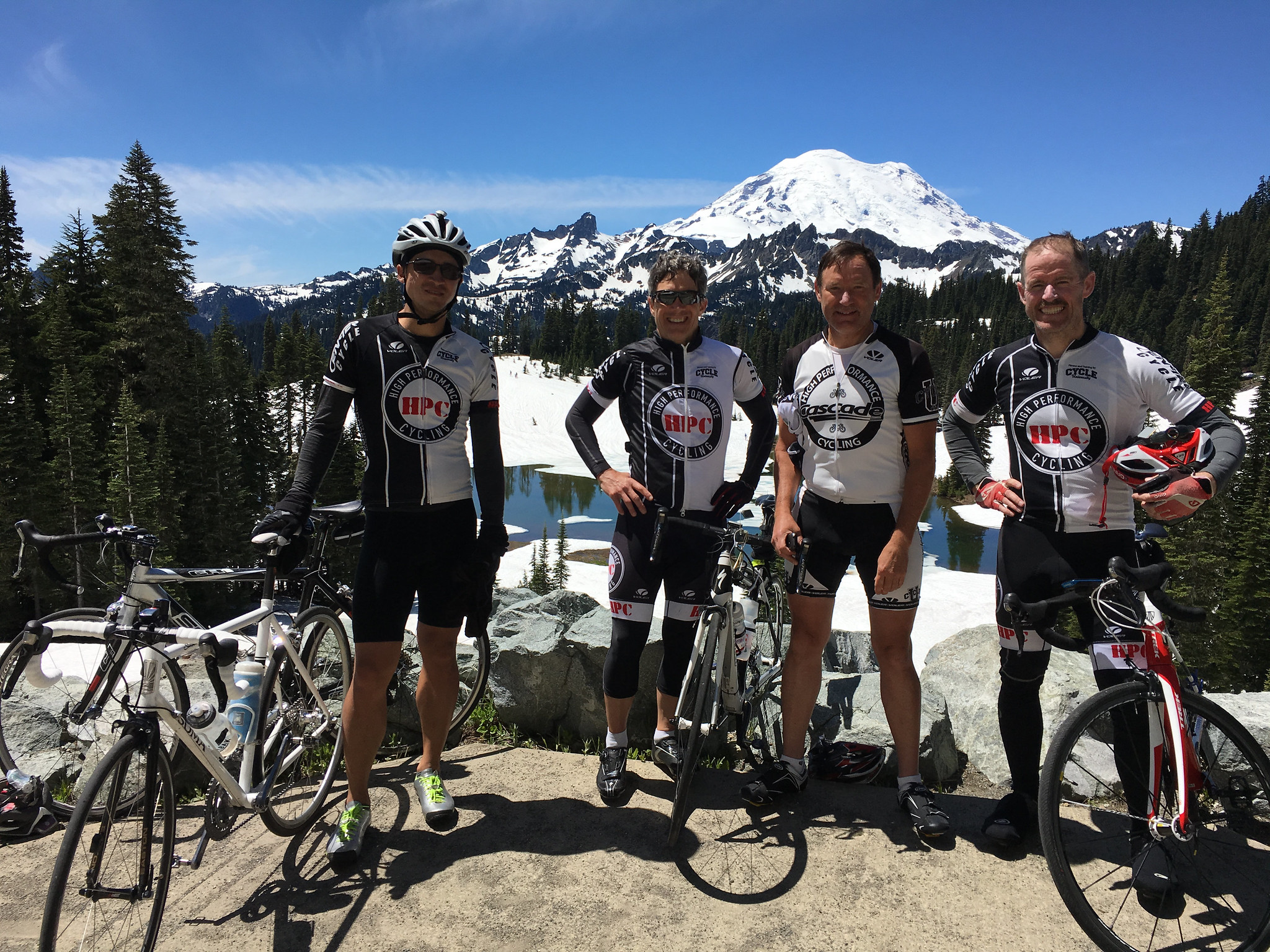
HPC teammate Jeff Sorrrentino summarized: “for years Steve performed outsized roles on the team: leader of year-round Hills of the West Coast rides, instigator of his annual birthday-BOMROD (“Best of Mt Rainier in One Day”), organizer of Chelan Century lodging and potlucks. He loved a hard ride, the chance to cheer teammates on big climbs (esp. Cayuse Pass), and a glass of good wine after a big day in the saddle.”
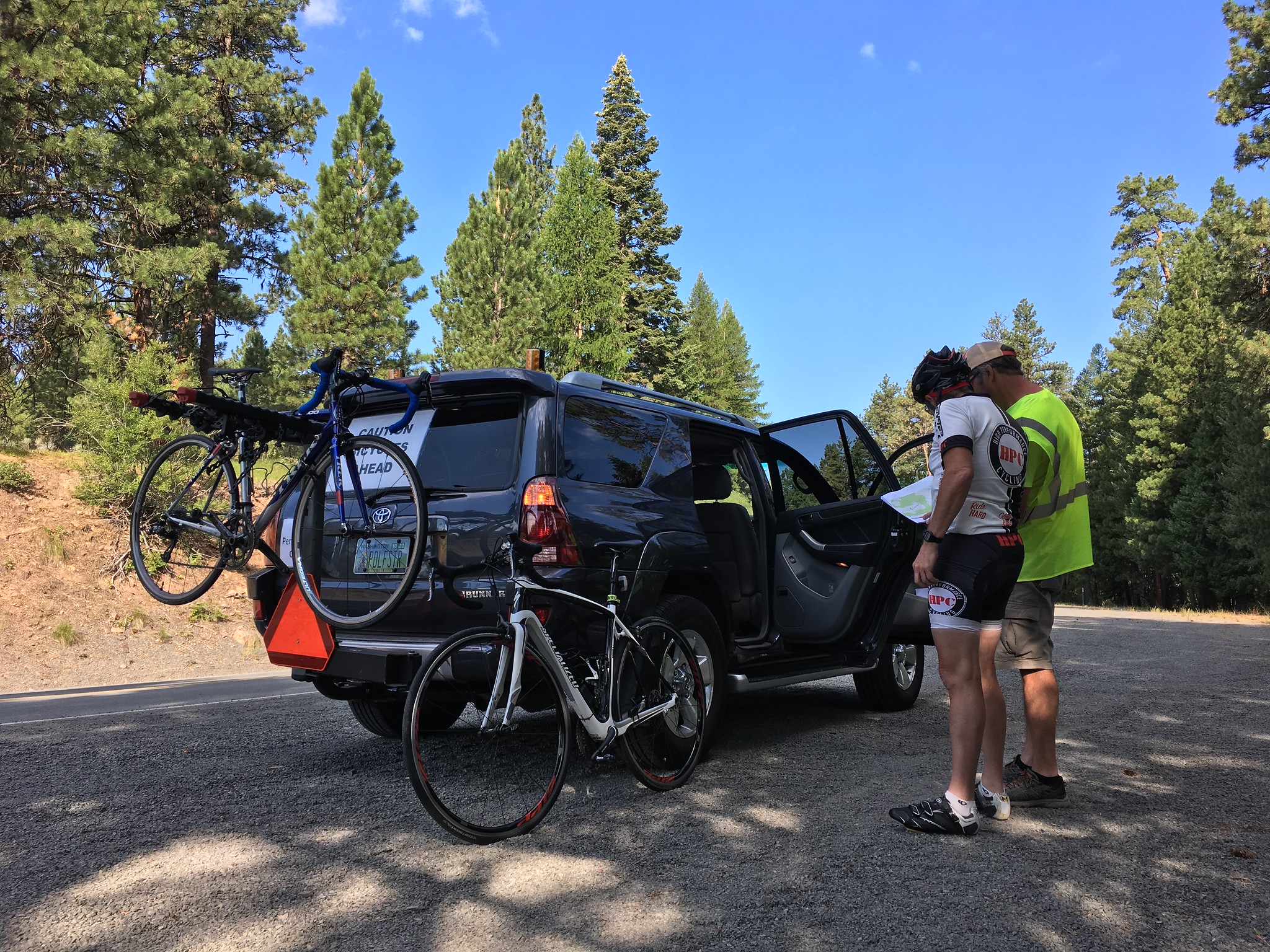
Carpooling to distant rides his infamous 1980s green Ford Astro van was a rite of passage. The combination of the van’s inability to accelerate and Steve’s colorful real-time traffic reports were both amusing and hair-raising. He always wanted to win the traffic jam.
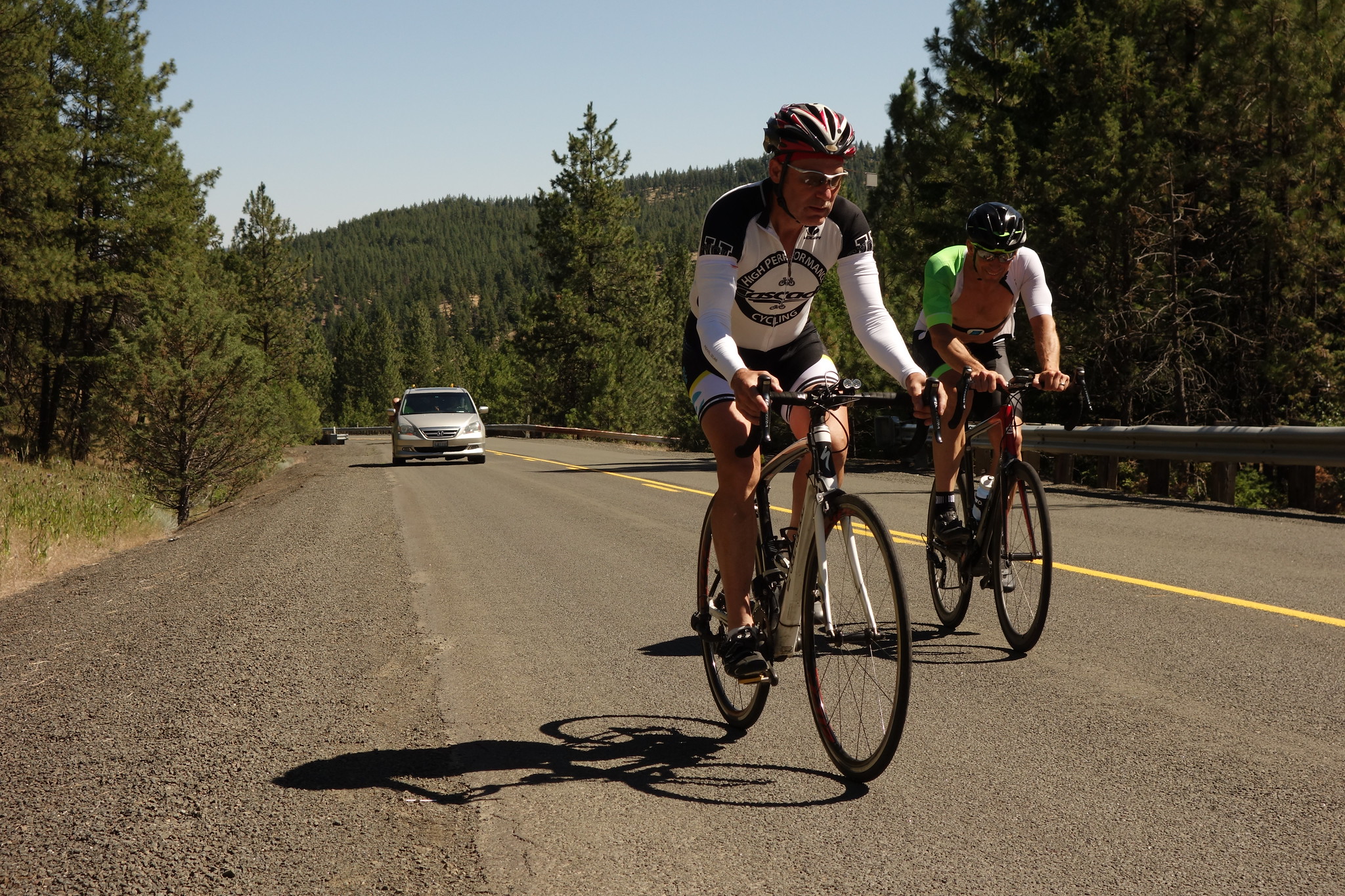
We used the green van in the 2018 Race Across Oregon (RAO) which was unusual in that it was an east-to-west, point-to-point from Ontario on the Idaho border to Newport. We did RAO as a four-man team that year, and it was a joy to race with Steve as a teammate. We were fired up the entire race, constantly encouraging one another, and strategizing and collaborating about our upcoming pulls for the entire ~32 hours of the race.
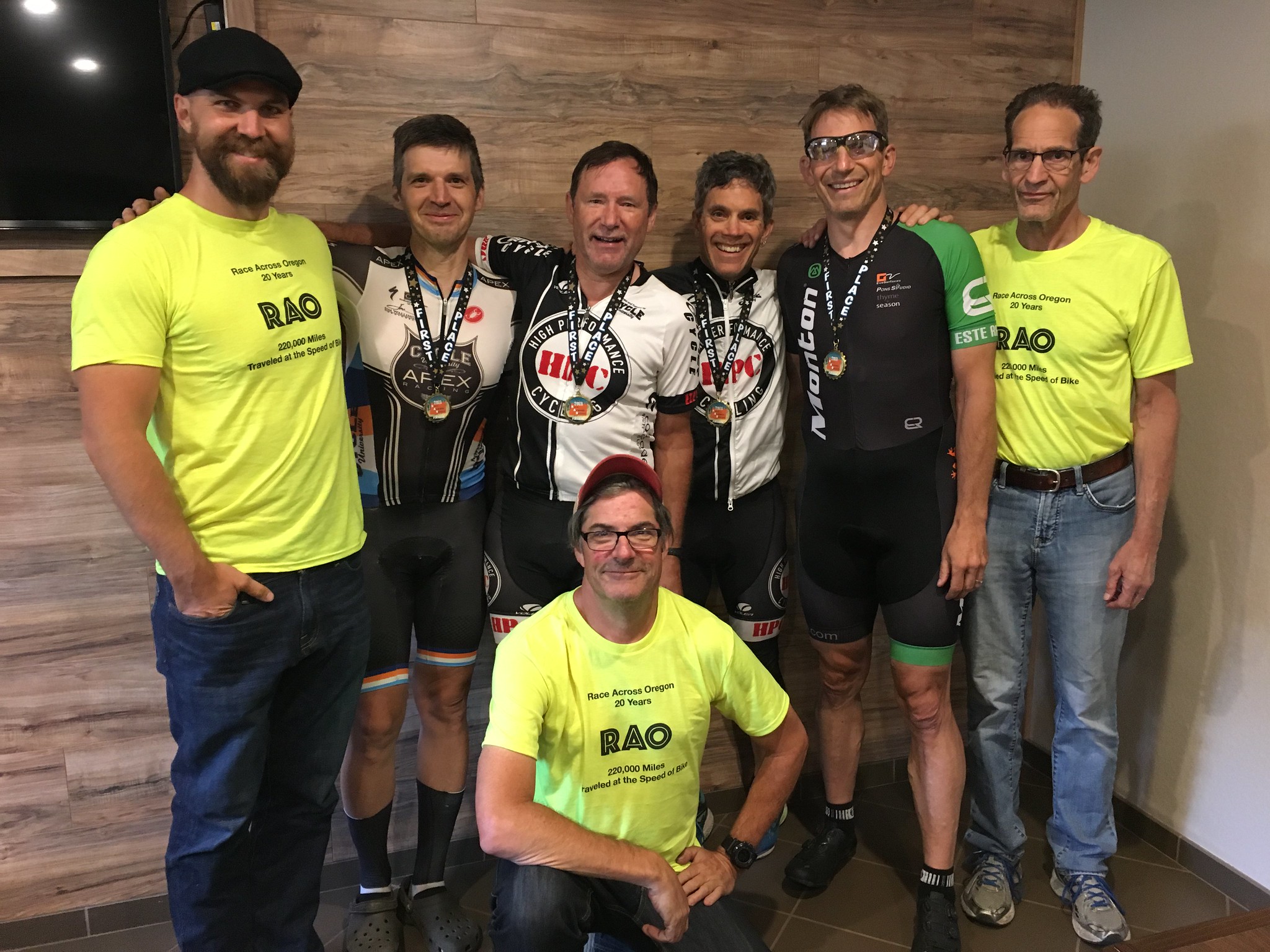
Steve also raced RAO in 2014 on a four-person mixed-gender HPC team. The team established an early lead up that held until the final 80 miles or so, at which point we went back and forth with the two-man team of Alex Telitsine and Ian Penner. On the final downhill run into the Dalles, Alex and Ian deployed time trial bikes and left us in the dust. Steve boldly chased them down and ended up finishing less than a minute behind after 400+ miles of racing.

In the early days of HPC we did the first of what became an annual tradition, the Chelan Century. Steve hosted an after-dinner pre-ride party at his motel room. I have an unforgettable memory of him pontificating while wearing short shorts from his 1970s track and field days, black dress socks and brown leather shoes, all while sipping a glass of red wine.
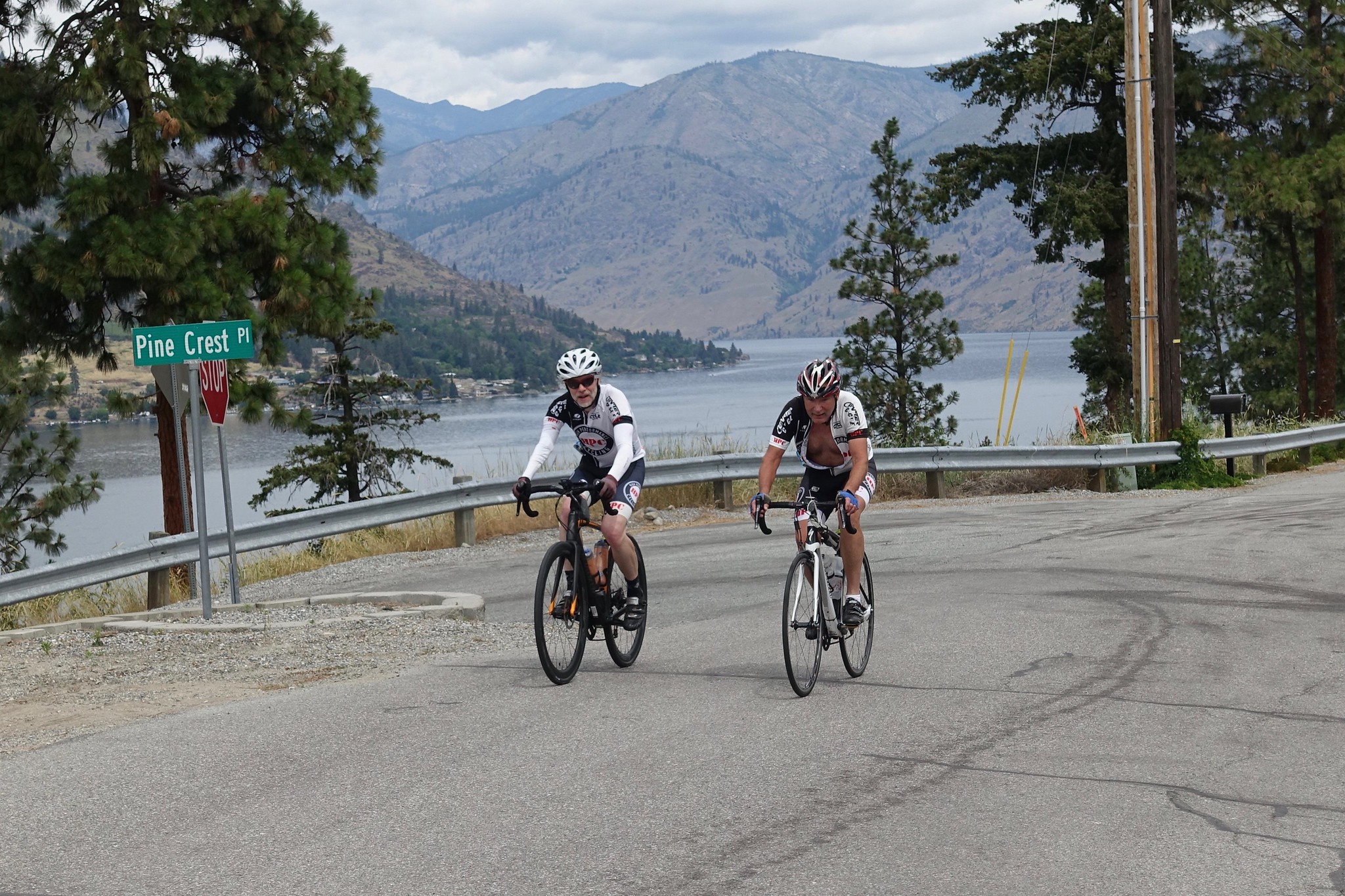
Steve was a rare cyclist who despised coffee stops. They were a complete waste of time to him. What really mattered was the plastic bucket of butter toffee peanuts he just got on sale at the discount grocery store, waiting in the green van.
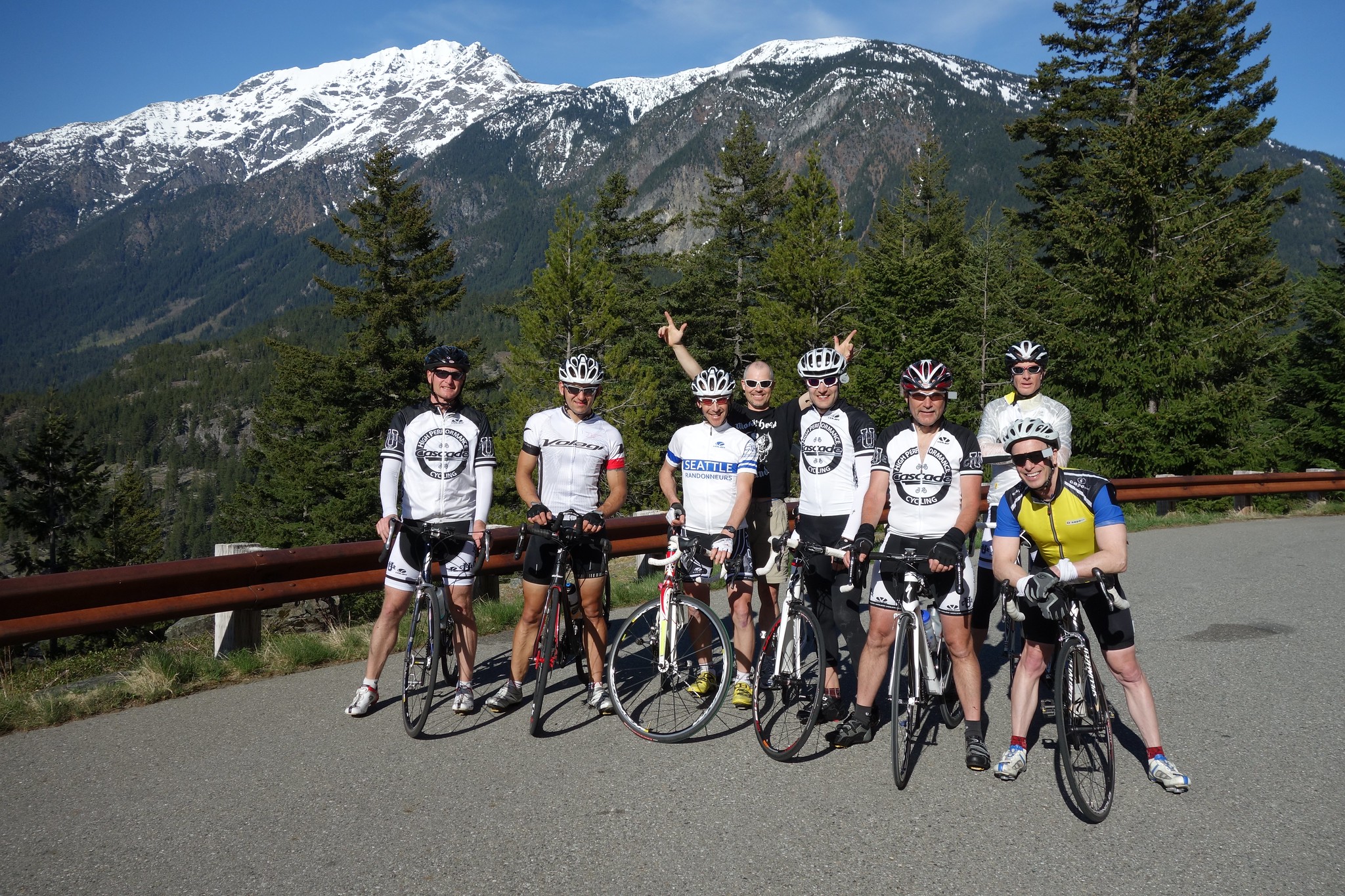
Steve and I also shared an academic background in the niche area of marine invertebrates. He made a career out of this expertise at Washington State’s Chemical Water Quality Monitoring Program where a co-worker told me he “would leave no rock unturned down the path of logic to get to a very correct answer.”
Deepest condolences to Steve’s wife Rita and their family.
